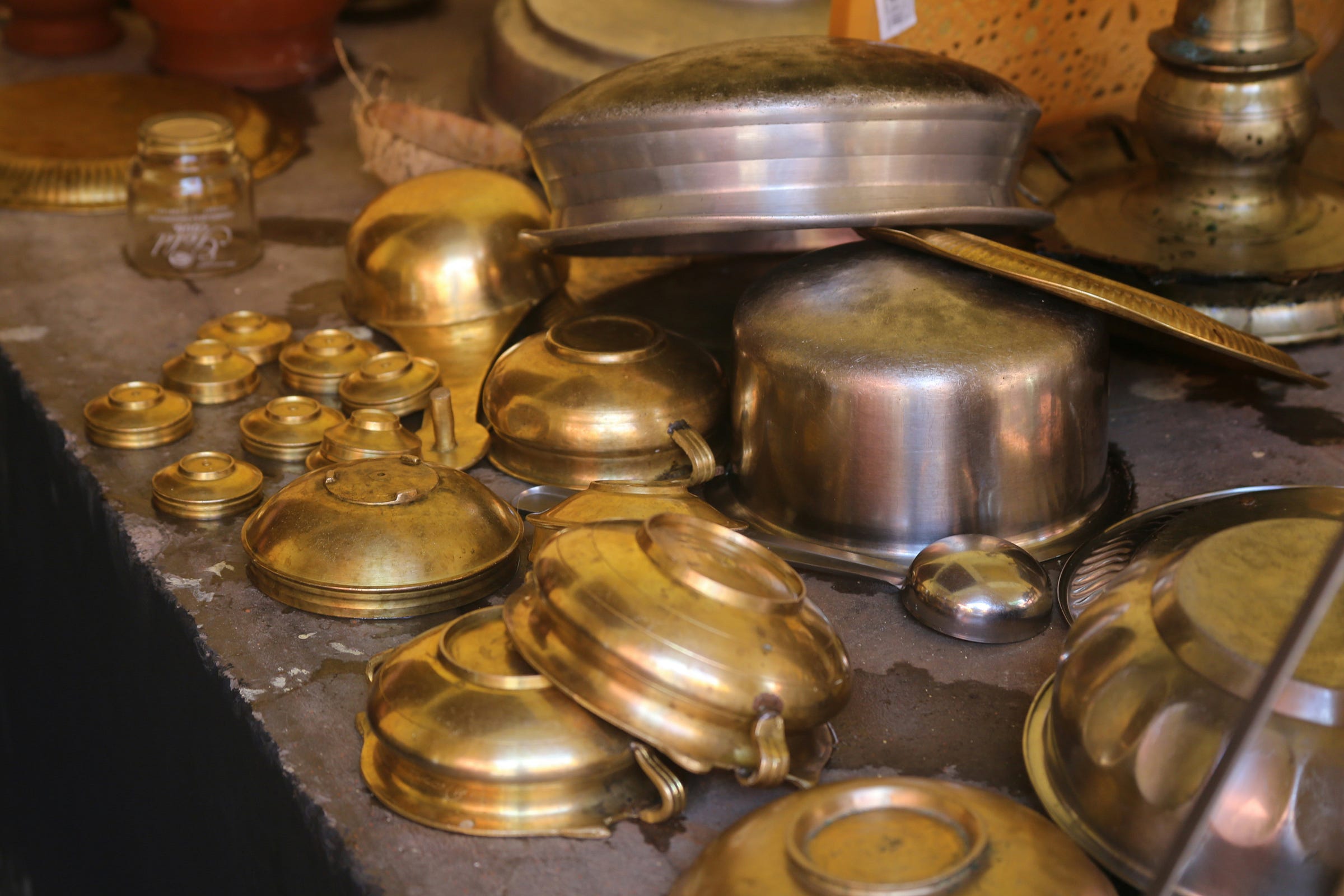
Shristi stepped out of the cab and walked towards the house. It was an average sized house. Reflecting the class of the people who lived in it. Average looks and most importantly income and lifestyle. Normally, the doors of the house remained closed. Today, they were open. After all, it was Ma’s Barsi which meant the rites to be performed on the first death anniversary of a person. Strangely, despite the doors remaining open, the house donned a barren unwelcoming air. Perhaps it was due to the absence of fresh flowers lovingly decorated by Ma everyday. There was no rangoli on the floor. Ma would expertly draw different vibrant designs with her thumb and fingers on festivals.
This was not a festival. It was Ma’s Barsi. Barsi. Not Diwali. Shristi swallowed that lump in her throat which lodged in her heart like a rock. That lump never transformed into tears. Not when she had received the call from Baba last year on this very day informing her that Ma had a cardiac arrest and she passed away within minutes. Not when she had taken a flight from Mumbai and reached home to console a visibly shattered Baba. Not when she had met her brother, Shyam, who had flown in from New York for the funeral rites.
“How could she leave us like this?” Baba had kept repeating forlornly.
“How do I know?” Shristi had snapped back.
Her aunts had shushed her with a gentle rebuke. “Don’t be so curt…your Baba is upset.”
“What about me? You think I’m happy?” Shristi had thought. A rage had erupted within her and she couldn’t control it. Rage against God for taking Ma away from her. Rage against Baba for not being able to stop Ma from dying. Rage against Shyam and herself for not being there for Ma.
Today, every moment of that day was etched in her memory. “What was the point of a Barsi?” Shristi muttered to herself. “To open wounds and make you relieve your pain.”
Dressed in a cream colored salwar kameez with a trolley bag in hand she stood at the door.
“You’re here,” said Baba, sitting on his favorite armchair. He smiled a welcome. Shristi nodded.
She walked through the drawing room furnished simply with a couch and dining table to her old room. She placed it in her room and returned to the hall. The house sounded quiet though it was bustling with activity. A Priest was organizing items for the Puja. A special cook had been hired. His helper was cutting the vegetables. Bina, the maid, was busy mopping the floor. All of their relatives, aunts, uncles and cousins were expected to be there. Ma was loved and respected by all. Shyam was already on his way from the airport.
Shristi realized suddenly why the house sounded so silent. Ma wasn’t washing the utensils. Ma had this obsession. No matter how hard the maid had washed the utensils, she had been unhappy with the result. She would do them again herself. As Shristi had grown older, initially she had been irritated with Ma’s fetish. Gradually, she had understood it had a cathartic effect on Ma. In fact, she has been able to gauge Ma’s moods from the way she did the dishes. When she had been happy, she would gently clean each item with love and narrate stories. Each utensil had a tale behind it.
“This big thali came with me as part of my dowry.”
“These glasses were gifted to me by my aunt. They are very expensive.”
“Shyam used to play the drums with these plates and spoons when he was little.”
“Shristi loved eating from this bowl.”
However, the utensils had a hard time when Ma was angry. She would bang them against the sink.
“No one ever listens to me,” she would state as she scrubbed each glass forcefully.
“My advice is no longer needed in this house,” she would grumble as she rinsed each bowl vigorously.
“They think I’m old and ignorant,” she would rant vexedly as she stocked the plates neatly.
“Bina, clean this place again,” the Priest’s instruction interrupted Shristi’s reverie. She glanced at Bina’s face. Bina looked tired and mutinous.
“I’ve mopped it…it is clean…besides I have to wash the utensils,” she responded argumentatively.
The Priest looked annoyed. Shristi tried to mollify them both.
“I’ll wash the utensils….why don’t you clean the place up?”
Bina nodded. Shristi went inside the kitchen. The cook’s helper was now peeling potatoes. The cook was cutting a bottle gourd into neat tiny equal pieces. The cooker was whistling with the aroma of chana dal emanating from it. Shristi stopped by the sink. There was a stack of plates and bowls to be washed. She tied her dupatta around her waist, picked a plate with her left hand and the green scrub with her right hand.
“Let it be Madamji…Bina will do it later,” said the cook.
“It’s ok…,” Shristi replied. She rubbed the scrub against the dishwashing bar and clutching it tightly scrubbed a glass with rage. A wave of grief overwhelmed her. She felt a lump in her throat but instead of lodging in her chest it finally transformed into tears.
Glossary
Barsi: rites performed on first death anniversary
Chana dal: split chickpeas
Dupatta: a long cloth that women in South Asia wear as a scarf or shoulder wrap
Salwar Kameez: loose trousers and a long shirt worn by women in South Asia
Sushma R Doshi completed her graduation in History from Loreto College, Kolkata. She went on to acquire a PhD in International Studies from Jawaharlal Nehru University, New Delhi. She dabbles in writing fiction and poetry and her work has been published by Contemporary Literal Review India, Everyday Fiction, Muse India, Literally Stories and Borderless Journal amongst others. Her short story "Magic" has been nominated for the Pushcart prize by the Syncopation Literary Journal.


